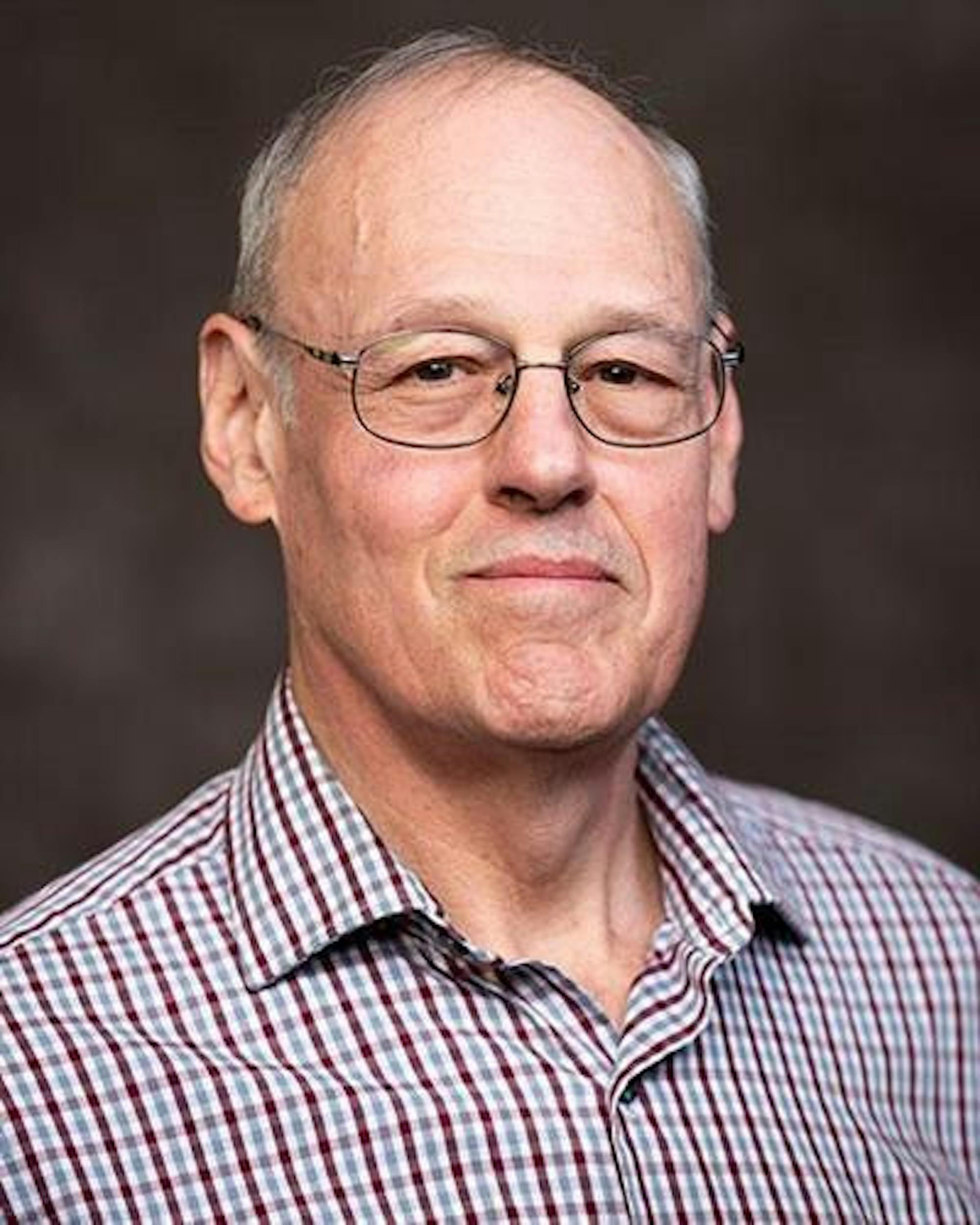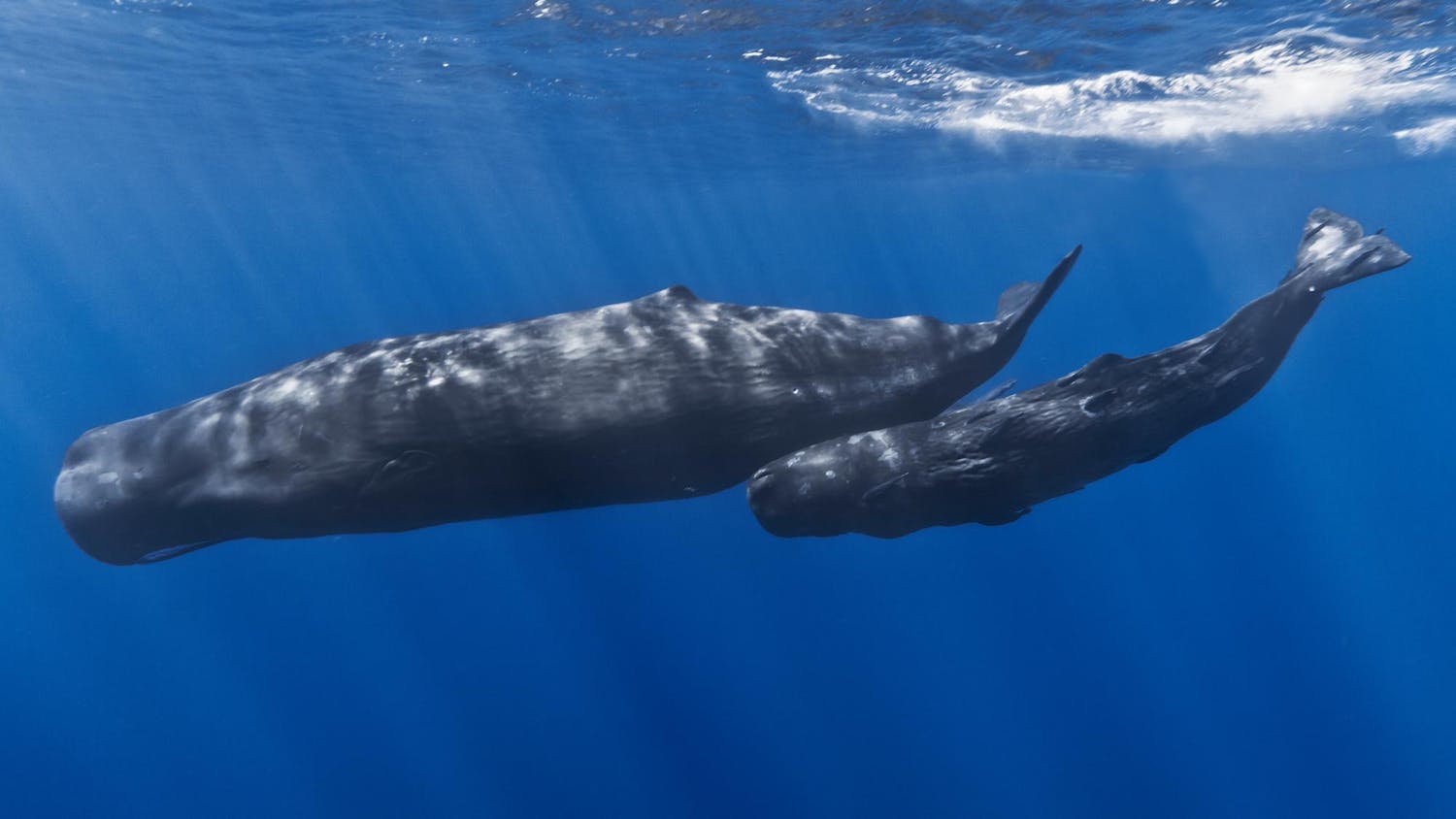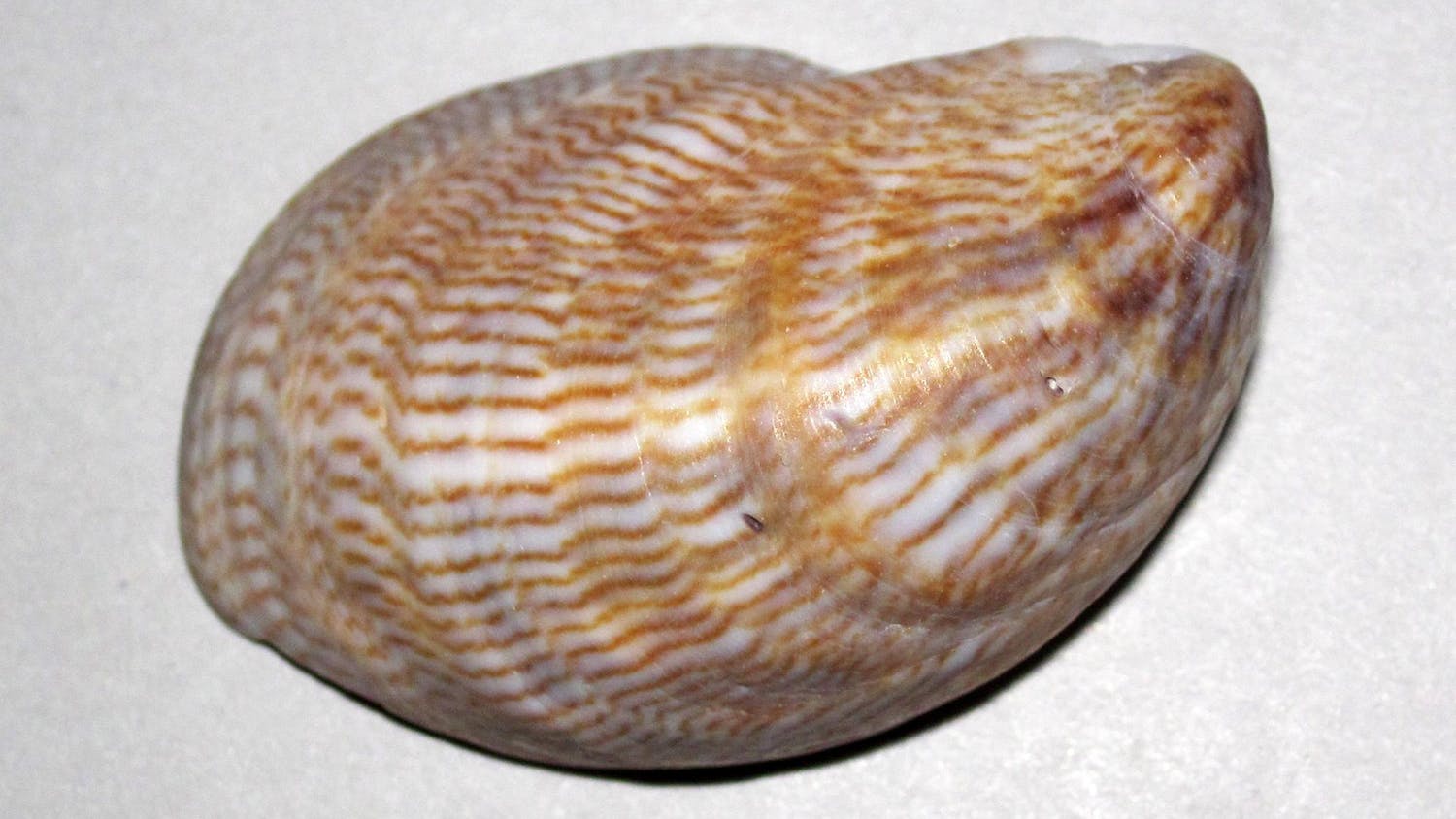In a career spanning over 40 years at Tufts, Professor Emeritus Jan Pechenik has left an indelible impact on marine biology and generations of students. The Daily sat down with Pechenik to discuss the questions that have motivated his work for the past four decades and the unexpected — and rewarding — turns his teaching has taken.
Editor’s note: This interview has been edited for length and clarity.
The Tufts Daily (TD): How did you come to Tufts?
Jan Pechenik (JP): I was an undergraduate at Duke University. I took a marine invertebrates course which I found really interesting. The diversity of life in the ocean is just so amazing; we know so little about so much of it. I thought, well maybe I’d go into research, but … I had to decide whether to take the MCAT test for medical school or the GRE, which were for some reason given on the same day that year. So I flipped a coin and it came up heads. I took the GRE and ended up doing graduate work at the Woods Hole Oceanographic Institution. … Then I got a chance to come to Tufts.
The thing about Tufts is we have no marine facilities here, and so I had to find species that could work with no running seawater, no algal culturing facilities, things that you’d find in most marine labs. One of the main animals I’ve worked with is a snail called Crepidula fornicata. They all start off as males, become females as they get older and they form stacks on top of each other. … I’ve also done some studies with a small marine polychaete worm and with hermit crabs. Those are the three main groups of animals I’ve been able to work with here. I’ve had some great undergraduate students and graduate students working on all those organisms.
TD: Do you have any research, or any particular story that is closer to your heart for any reason?
JP: One of the things I keep coming back to is something that I called latent effects. Latent effects are experiences that animals have had early in development that don’t kill the animals, but then the question is, did those experiences influence how well the juveniles do after the animals metamorphose?
One of the first studies I did actually was with barnacles with a colleague in North Carolina. Barnacles release these wonderful, tiny, microscopic larvae that eventually metamorphose into an entirely different larval stage, which looks like a rice grain with legs. If they don’t find the right cues, they will just keep swimming until they do. Once they attach, they never move again.
We found if the larvae had even delayed metamorphosis for a single day, the juveniles grew much more slowly. The implications of that are pretty intriguing. Because once you’re stuck on this rock, that’s it, you can’t move again. If you’re surrounded by other individuals, then you’re growing more slowly, and you’re likely to be crushed, and also you’re going to be more vulnerable to predators.
And it’s interesting in itself, but also typically, the EPA has a system where you look to see what concentration of a pollutant causes 50% mortality within 96 hours, and anything higher than that is evil. And if it’s lower than that, then you know it’s safe. Well, the pollutant doesn’t have to kill things directly to be evil. … So that’s something that’s becoming more and more important.
TD: [Besides research, what were the highlights to the teaching side of your career?]
JP: One of the things I like about Tufts is that it’s not just research that’s valued — teaching is also valued here. Science isn’t just about memorizing things. It’s a way of thinking and learning how to express yourself clearly and logically and in a convincing way about the results that you obtained.
I was hired to teach a marine biology course. I was like, “How can I come up with a question that there’s no way that students can look up?” As an optional exercise, I asked students to write a poem about some aspect of the topic that we’ve been talking about. And students put in an amazing amount of work. Long after the course is over, the only thing that they remember about marine biology is the poem that they wrote. So I wrote a paper about that for a teaching journal.
When I started teaching, students didn’t like the textbook we were using at all, the book I had used as a student. So I wrote a short chapter on each major animal group that I wanted to cover in the class, and I drew some pictures and had it printed out. One day, somebody from a local publisher, Prindle, Weber and Schmidt, said, “Mr. Pechenik, you could turn this into a pretty good book.”
I thought, “Invertebrate biology doesn’t change very much, and so I’d only have to go through this once.” But with the rise of molecular research, there have been just a lot of changes over the past several decades, especially about our understanding of how the different invertebrate groups are related to each other. So that book is now a seventh edition.
I noticed students were having a really hard time reading the research papers and writing about them. There was a committee established, many years ago, that led a really wonderful program for faculty and students called Writing Across the Curriculum. When the director left, I somehow became the director of that program for six years. Not only did we learn a lot by doing it, but it presented just a wonderful opportunity for faculty from all different departments to work together on a common cause.
TD: Any parting thoughts?
JP: What am I going to do now? I’m going to start playing accordion again for square dances and contra dances, which I used to do a long time ago when I was a graduate student. Also a lot of bike riding, and running science writing workshops. I’m going to do one in Copenhagen coming up at the end of May.
I would never have expected to end up doing all the things I ended up doing. Especially once you’re tenured, you really have a lot of freedom to spend your time doing what you think is worthwhile.
Three years or so ago, I came up with the idea of teaching a course about evolution for non-science majors. I do this with Eric Dopman. A lot of the students at the end of the semester say they had no idea that science could be so interesting. They thought it was about memorizing things, but no, it’s about life on our planet and also about the way human beings are affecting the selective forces acting on organisms all over our planet too.
So that’s been really satisfying. I really enjoyed the mixture of being able to do research, but also teach in interesting ways and to teach courses that I would not have expected to be teaching initially when I first got here.






